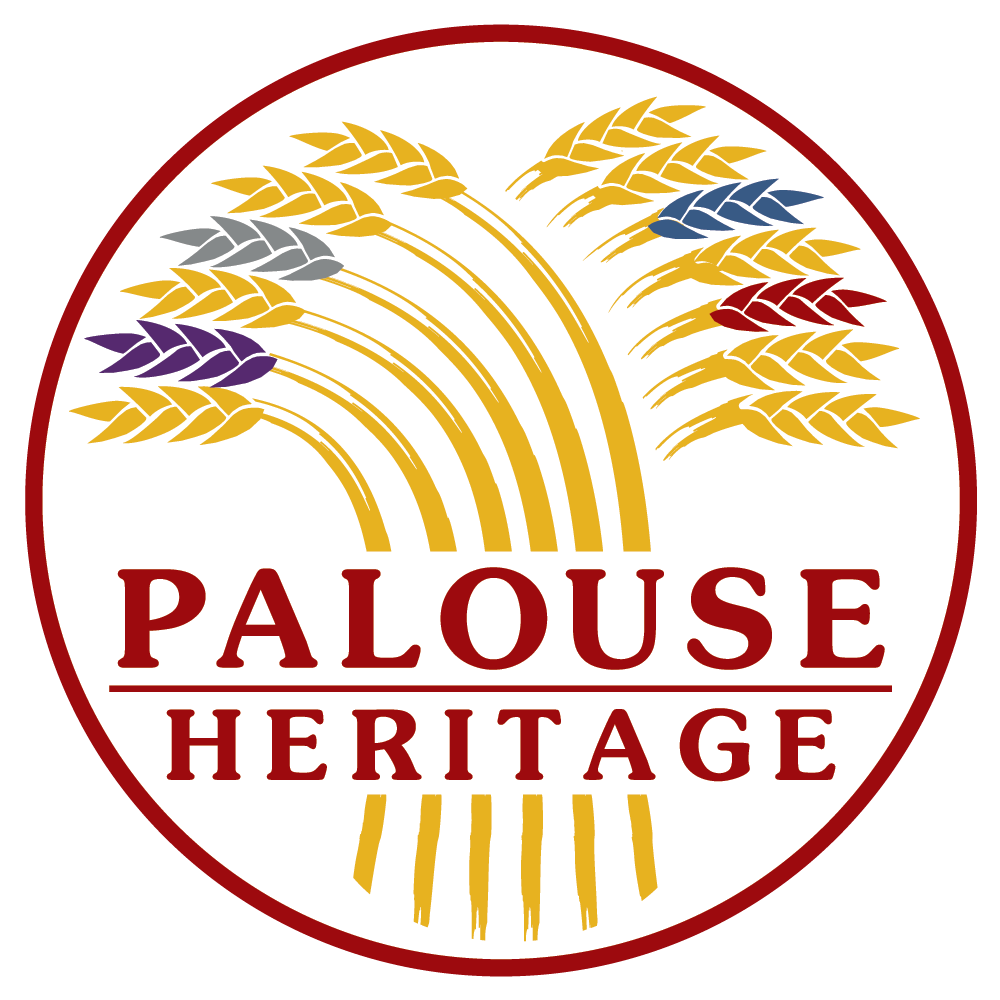Harvest season back home in the Palouse Hills often brings to mind bygone high school days. Trips from our Palouse Colony Farm to nearby Endicott lead past the school where I attended all twelve years, and where I served as principal in the 1990s. One of the great privileges of my education career was to return as a colleague with Mrs. Louise Braun, who had been my high school English teachers. She was a woman of capacious mind with expectations that students read and appreciate Shakespeare and Robert Frost with the same enthusiasm shown for sporting events. A native of tiny Viola in the Idaho-Washington Palouse borderlands, Mrs. Braun guided our uncharted literary journeys across time and place with the peculiar incentive—highly controversial among faculty and parents, that once a week we could spend class time reading Farm Journal, Field & Stream, or any other periodical of our own choosing. “Reading is the main thing,” she would say in the context of expanding young minds.
To my mind, our most formidable high school read was the epic poem Beowulf through which we battled for many days to make sense of alliterative Old English expressions that related ancient Scandinavian lore. This was a time before Tolkien’s Lord of the Rings had ushered in a resurgence of interest in classical fantasy literature. Mrs. Braun’s reminder that many of us had descended from these tribal peoples provided modest encouragement to continue our study of this oldest English long poem. The poem’s opening lines in Lesslie Hall’s modern translation, however, invoked intriguing agrarian reference:
Lo! the Spear-Danes’ glory through splendid achievements
The folk-kings’ former fame we have heard of,
How princes displayed then their prowess-in-battle.
Oft Scyld the Scefing from scathers in numbers
From many a people their mead-benches tore.
Queries about Old English “Scyld the Scefing,” which may be translated “Shield Sheafson” or “Scyld of the Sheaf,” provided an remarkable glimpse into mystical realms also described by Tolkien in his legendarium of Middle-earth. The namesakes of the eponymous Scyldings’ (Sköldings) Danish royal house founder in Beowulf are associated with the crucial roles as historical protector of the people (Shield) and as agri-cultural hero (Sheaf). In the mythic past he arrived as a foundling from the west who washed up in a boat on the shore of Jutland’s Old Anglia. The golden child’s head rested on a pillow of grain stalks, and he would grow into a strong and wise ruler who was the ancestor of Beowulf. Like a medieval Triptolemus, Scyld also taught his adopted people the first principles of farming and husbandry. Tolkien further explored aspects this legendary figure who is also mentioned in lesser known works of Old English literature like William Malmesbury’s Gesta Regum Anglorum (“Deeds of the English Kings,” 1125) and the eighth century Historia Langobardorum (“History of the Lombards”). Tolkien’s imaginative rendition drawn from these several accounts is beautifully expressed in the poem “King Sheave,” published posthumously with “The Notion Club Papers” in Sauron Defeated (1992):
In golden vessel gleaming water
Stood beside him; strung with silver
A harp of gold neath his hand rested;
His sleeping head was soft pillowed
On a sheaf of corn shimmering palely
As the fallow gold doth from far countries
West of Angol. Wonder filled them.
Tolkien’s telling, the boy ascended a hill and sang a song of “sweet, unearthly, words in music woven strangely.” His hearers marveled at sounds miraculously dispelling the darkness and terror that had long gripped the region. From “King Sheave” descended many sons and their nations—Danes and Goths, Swedes and Northmen, Franks and Frisians, Swordmen and Saxons, Swabians and English. In the magnificent Scandinavian epic of Beowulf, Tolkien found a magisterial Anglo-Saxon antecedent of mythic grain king and culture hero skillfully interwoven with dynastic history to form an English national identity.

